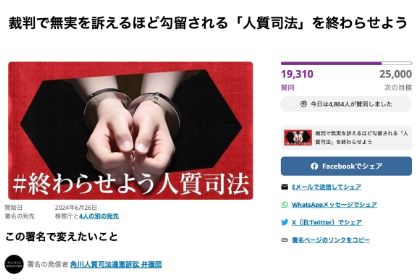






I denounce the inhumane and unlawful practice of “hostage justice” that I personally endured and which can be called torture. I am committed to working tirelessly to abolish this system.
This is my final battle.
Tsuguhiko Kadokawa
NEWS
- coming soon
In Japan’s criminal justice system, there is an irrationality in which the more a person pleads his/her innocence in court, the more likely he/she is to be held in custody. This is known as “hostage justice.” Hostage justice deprives people of their physical liberty, which they are supposed to be assured of due to the presumption of innocence, and takes them hostage to force them to confess to crimes. The system has been severely criticized both within Japan and internationally. Under hostage justice, the more a person asserts their innocence, the longer he/she is held in custody, and the more likely he/she is to give a false confession or to relinquish certain points of contention in order to escape from this physical restraint, resulting in a miscarriage of justice.
For 226 days, during which the presumption of innocence should have been applied, Tsuguhiko Kadokawa teetered on the brink of death multiple times. Despite his illness, bail was denied, and he was unable to even visit a hospital.
Those who proclaim their innocence in court are often the least likely to be granted bail due to Japan’s “hostage justice” system. Having survived imprisonment, Kadokawa vowed to reform this country’s inhumane criminal justice system.
Photo:Nikkan gendai/Aflo
Read More
“Mr. Kadokawa, you will not be able to leave here
while you are alive. You can only leave if you die.”
This was said to the plaintiff, Tsuguhiko Kadokawa, by a doctor at the detention center, as his chronic illness worsened, causing him to express his fear that he may die. He faced a near-death situation because of Japan’s “hostage justice” system.
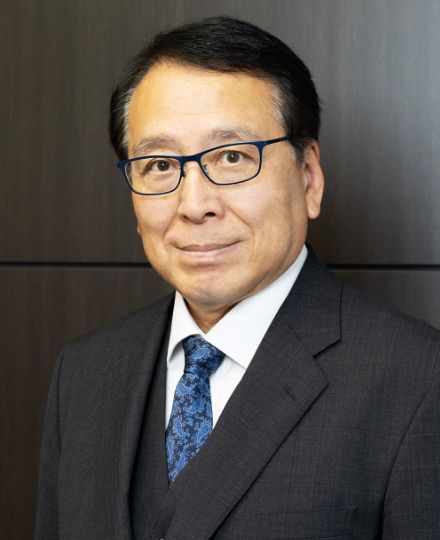
Hiroaki Murayama
A lawyer who is a member of the Tokyo Bar Association. He served as a judge for approximately 39 years, including as a judge of the Shizuoka District Court where he was involved in the decision to reopen the case against Iwao Hakamada, who had been kept in prison for decades. Currently working actively to revise retrial law. Let’s correct the distortions of the criminal justice system, such as hostage justice.
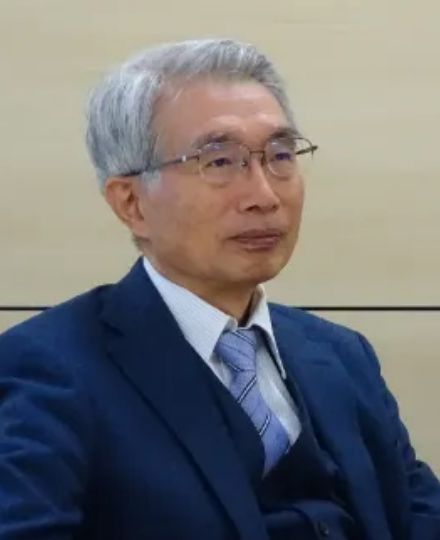
Junichiro Hironaka
A lawyer since 1970, he has handled a wide range of cases, including criminal, medical, and media-related matters. Notable cases he has been involved in include the case of Kazuyoshi Miura, the Takeshi Abe case involving HIV-tainted blood products, the Ichiro Ozawa case about political fundraising, the Atsuko Muraki case, the Muneo Suzuki case, the Carlos Ghosn case, and a case over the side-effects from a drug called chloroquine.
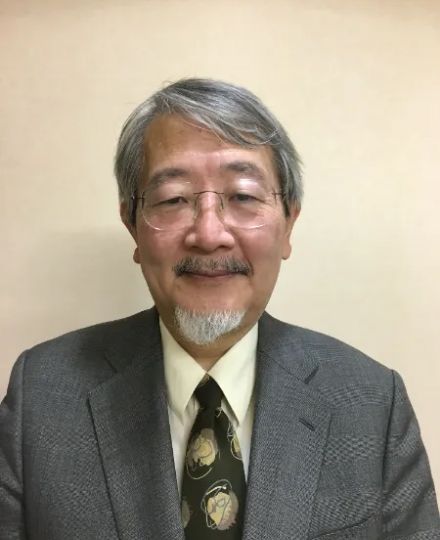
Yoichi Kitamura
Admitted to the bar in Japan in 1977 and in New York State in 1983. Currently serving as the representative director of the public interest association, the Japan Civil Liberties Union. The question is, even if there are prosecutors who seek convictions rather than the truth, can we say that in Japan such actions would be held in check by independent judges?
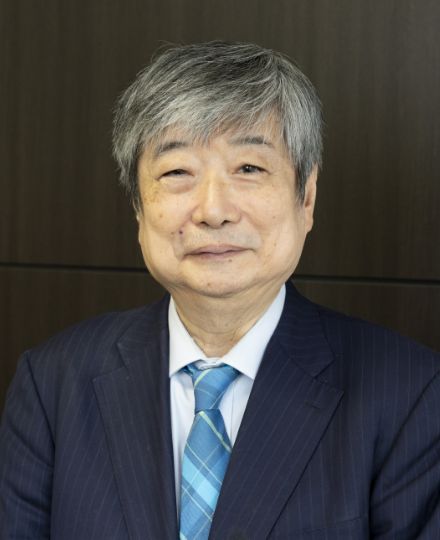
Yuichi Kaido
He has served as a member of the Japan Federation of Bar Associations’ Committee for Reform of the Criminal Detention System since 1982, as well as a member of the International Human Rights Conventions Working Group. In 1995, he founded the Prison Rights Center, where he held the positions of Secretary-General, Vice-Representative, and Representative. Since 1998, he has been participating in the UN Human Rights Committee and the Committee Against Torture’s reviews of Japan. His life’s work has been to reform Japan’s hostage justice system and the human rights of criminal detainees in accordance with international human rights standards. He has high hopes that this trial will be a breakthrough.
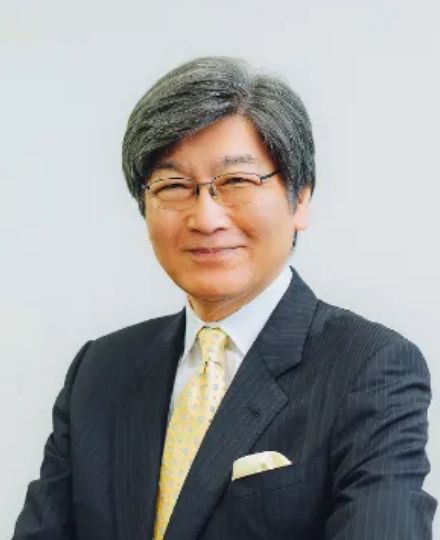
Makoto Ito
President of Ito Private Preparatory School and a lawyer (Tokyo Bar Association). While spending his long career educating lawyers who uphold constitutional values, he has also been involved in constitutional lawsuits to realize constitutionalism and human rights protections. The Kadokawa hostage lawsuit is a human rights trial to restore human dignity.
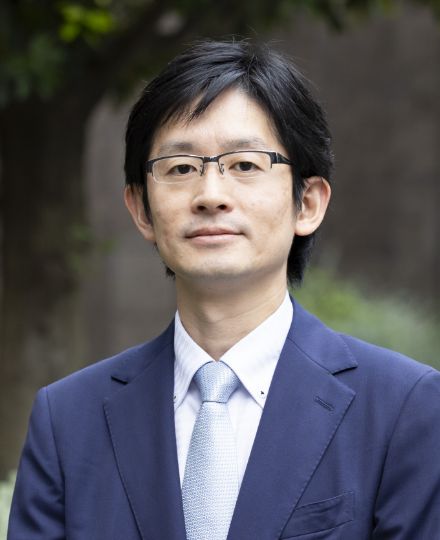
Yusuke Taira
Lawyer (Tokyo Bar Association, Eisei Law Office), administrative law scholar. Primarily engaged in administrative litigation and lawsuits involving constitutional violations. This lawsuit will reveal how individuals are subjected to severe human rights abuses and stripped of their human dignity through the medieval approach of “hostage justice.”
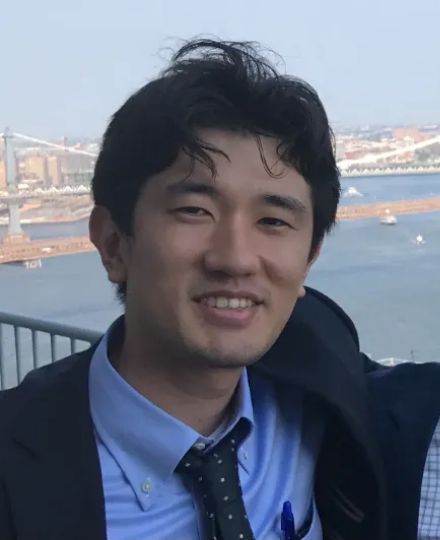
Ryutaro Ogawa
Lawyer and Secretary-General of the international human rights NGO Human Rights Now. Deputy Secretary-General of the International Human Rights Conventions Working Group of the Japan Federation of Bar Associations. The United Nations has repeatedly pointed out that “hostage justice” violates international conventions. Now is the time to bridge the gap with international standards.
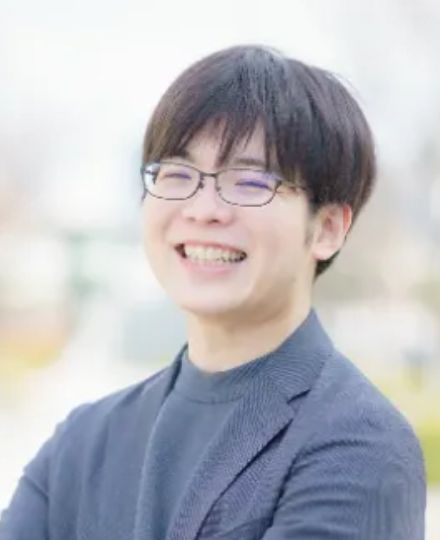
Yoshiyuki Nishi
Former judge and lawyer (Osaka Bar Association, Goto Shin-yu Law Office). Engaged in research and assistance regarding wrongful convictions. Author of “Enzai Gaku” (Anatomy of Innocence). Because I believe in the justice system, with this trial, I want to put an end to hostage justice.
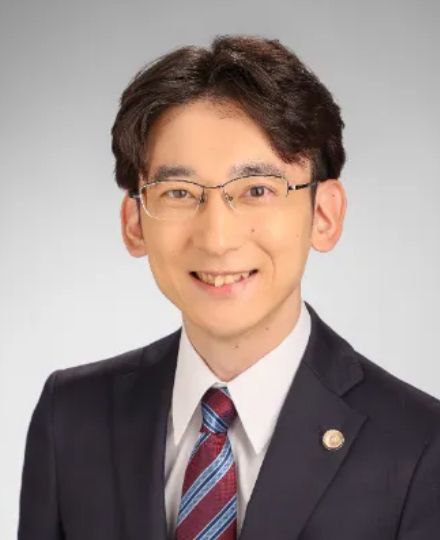
Ryota Mizuno
Lawyer (Member of the Daini Tokyo Bar Association). Graduate of Hitotsubashi University Graduate School of Law, and of the Legal Training and Research Institute (71st class). Affiliated with Law Office Hironaka. Hostage justice distorts individual lives and trials. Let’s put an end to it now.
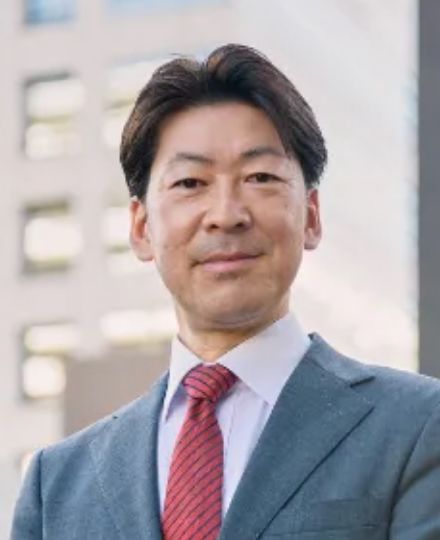
Yuki Tamamushi
Professor of Law at Nihon University. J.D. (Juris Doctor). His research focuses on constitutional law, particularly human rights. Author of “The Legal Principles of Assuring Human Dignity.” I am interested in pursuing the proper administration of criminal procedures from the perspective of assuring human dignity and the protection of human rights under the constitution.

The book “Proof of Humanity”
Details about it and Tsuguhiko Kadokawa’s thoughts
on it are revealed here.
Recommended by
Tatsuru
Uchida
Martial artist,
translator,
thinker,
essayist
Why does Japan’s judiciary continue to ignore repeated corrective recommendations from the UN? Probably because the majority of people in power think that claiming it is infallible, no matter what faults it has, is more effective for governance than admitting mistakes and correcting the system. However, I believe that those who prefer to pretend the system is fair have no right to speak about justice.
SUPPORTERS
Jiro Akagawa
Writer
Tatsuru Uchida
Martial Artist /Philosopher
Yoko Ogawa
Writer
Toru Kenjo
Editer
Mariko Hayashi
Writer
Masayasu Hosaka
Nonfiction writer and critic
Atsuko Muraki
Former Vice Minister of
Health, Labour and Welfare
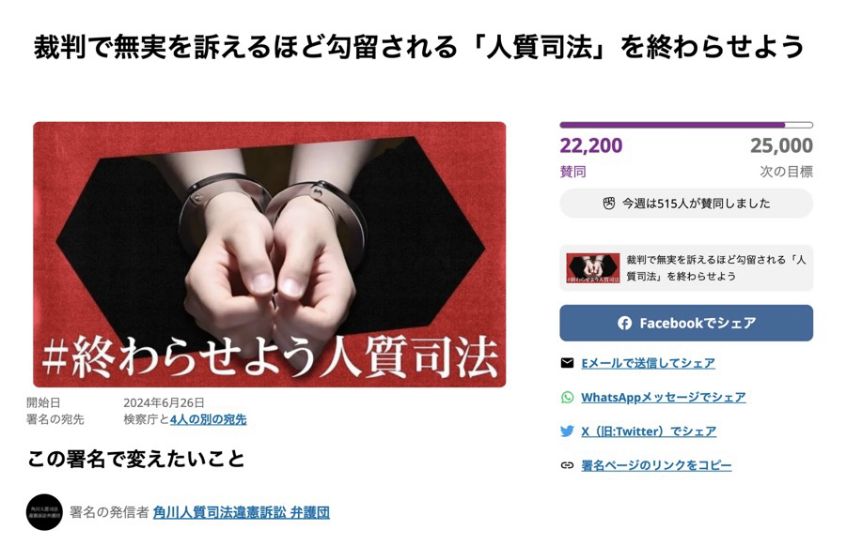
We are running a
petition on Change.org
What do you think of Japan’s legal system, especially the criminal justice system? Do you imagine it as being fair, and accurately determining guilt or innocence? In actuality, however, Japan’s criminal justice system has an unjust reality where those who plead not guilty in court face disadvantages. This issue, where individuals who assert their innocence in court are more likely to be detained, is called “hostage justice.”
SIGN the petitionOUR ACTIVITIES
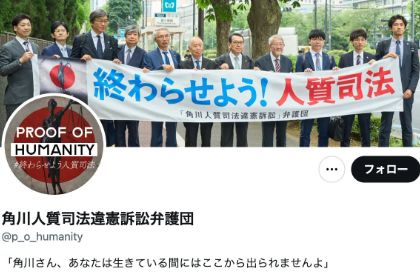
13th.Aug.2024
We have started accounts on Instagram and on X. There we’ll be posting the latest news and various information about trials. So please follow us!
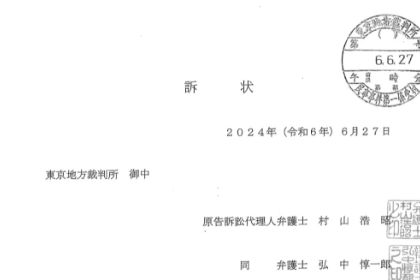
28th.Jun.2024
Tsuguhiko Kadokawa filed a lawsuit against the government over “hostage justice.”
SEE DOCUMENT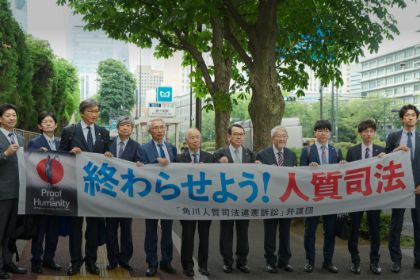
27th.Jun.2024
Tsuguhiko Kadokawa filed a lawsuit against the government over “hostage justice.”
OTHER INFORMATION
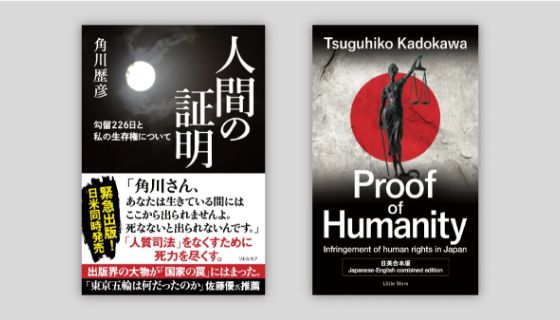
“Proof of Humanity” book released simultaneously in Japan and the US
“This must be appealed to the constitution and the United Nations:” Taking attorney Hironaka’s advice to heart, I decided to pursue a lawsuit against the unconstitutional practice of hostage justice. This public-interest lawsuit aims to shed light on the darkness of hostage justice, which can lead to wrongful convictions. At the same time, we will also appeal to international human rights organizations. By appealing to public opinion both in Japan and overseas, I hope to bring about much-needed reform.”
About Book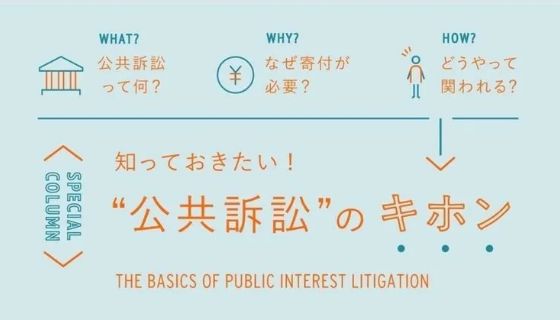
What’s public interest litigation?
Public interest litigation is a lawsuit filed to address wrongs happening in our daily lives. A key characteristic is that even if the issue is raised by a minority, if it violates the constitution or laws, the judiciary can order the government or local authorities to make changes. (taken from CALL4.jp)
Read MoreCONTACT US
This site is protected by reCAPTCHA and the Google Privacy Policy and Terms of Service apply.







